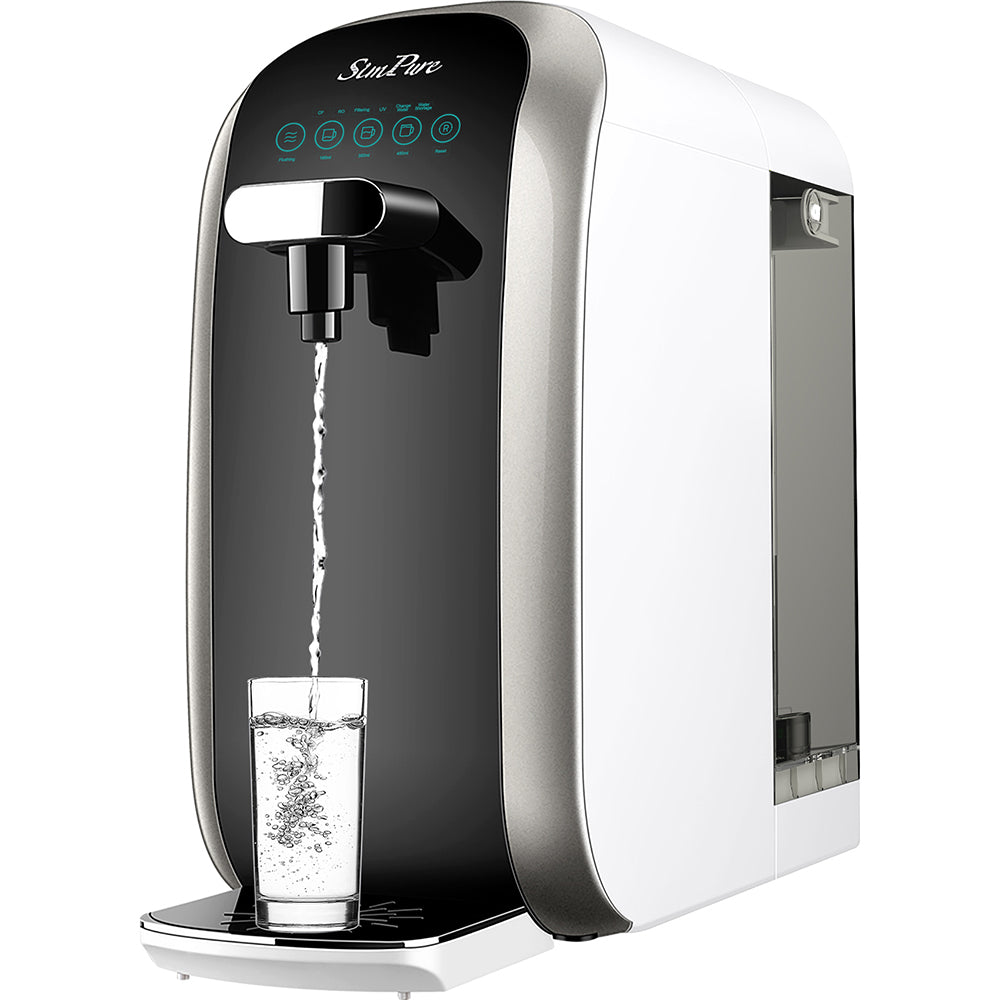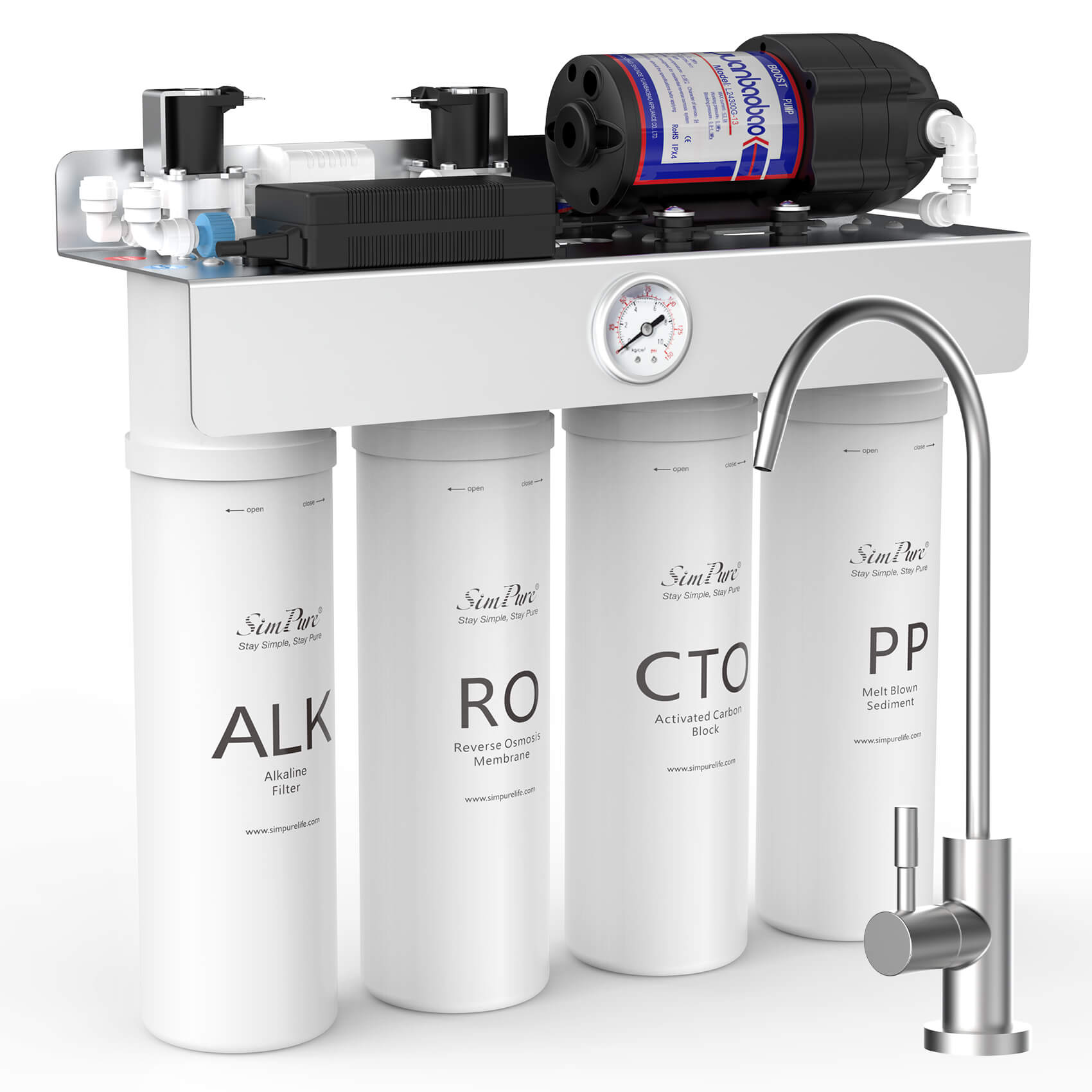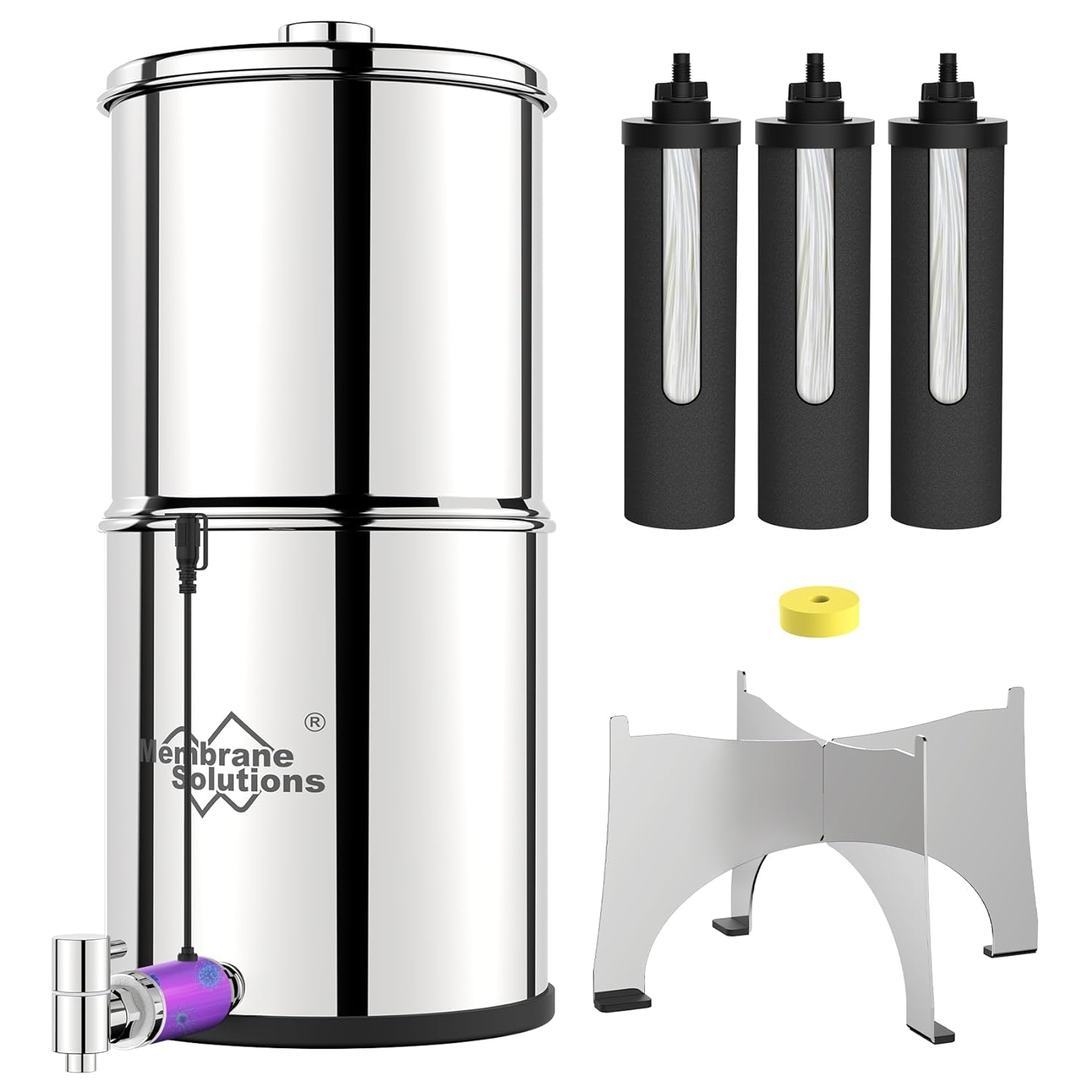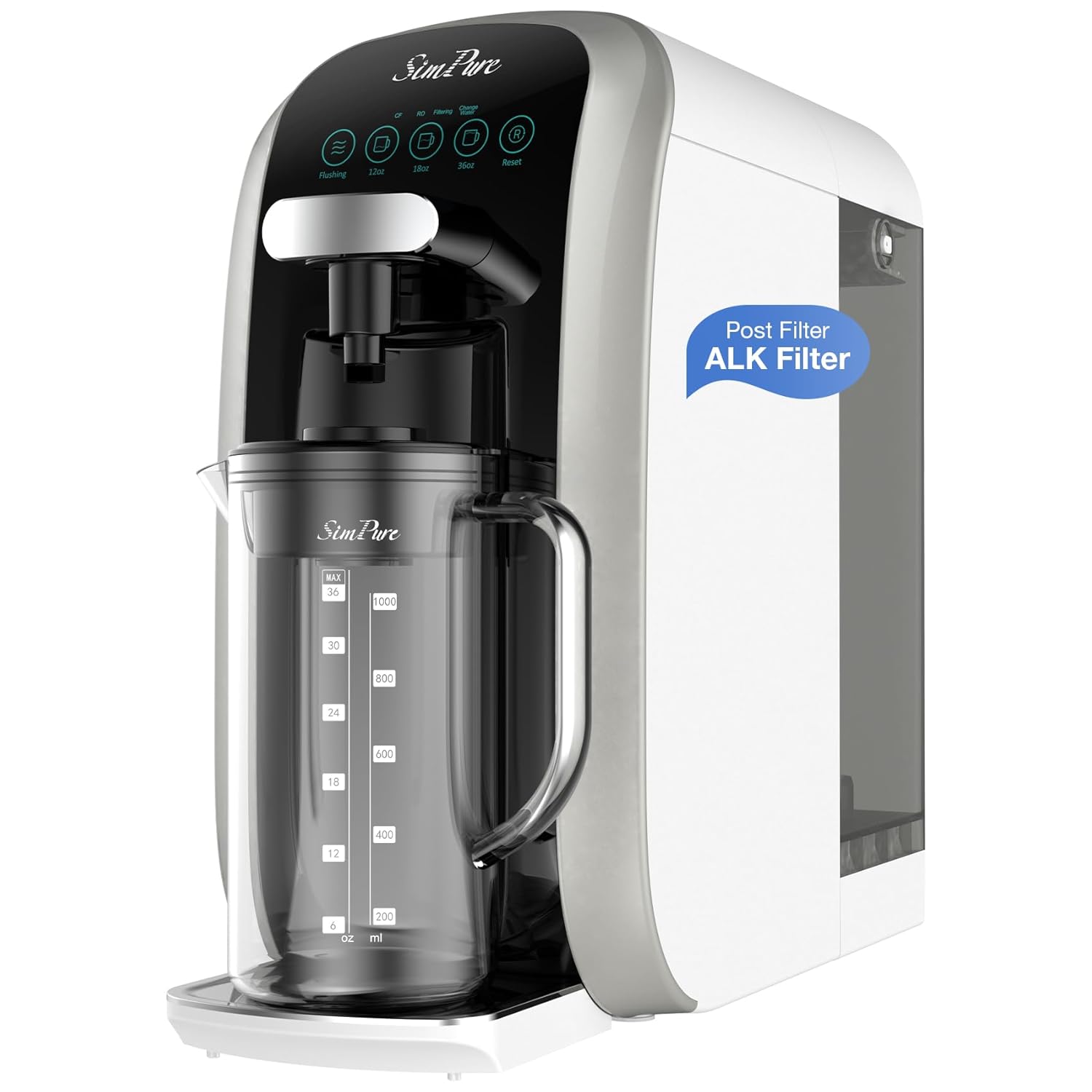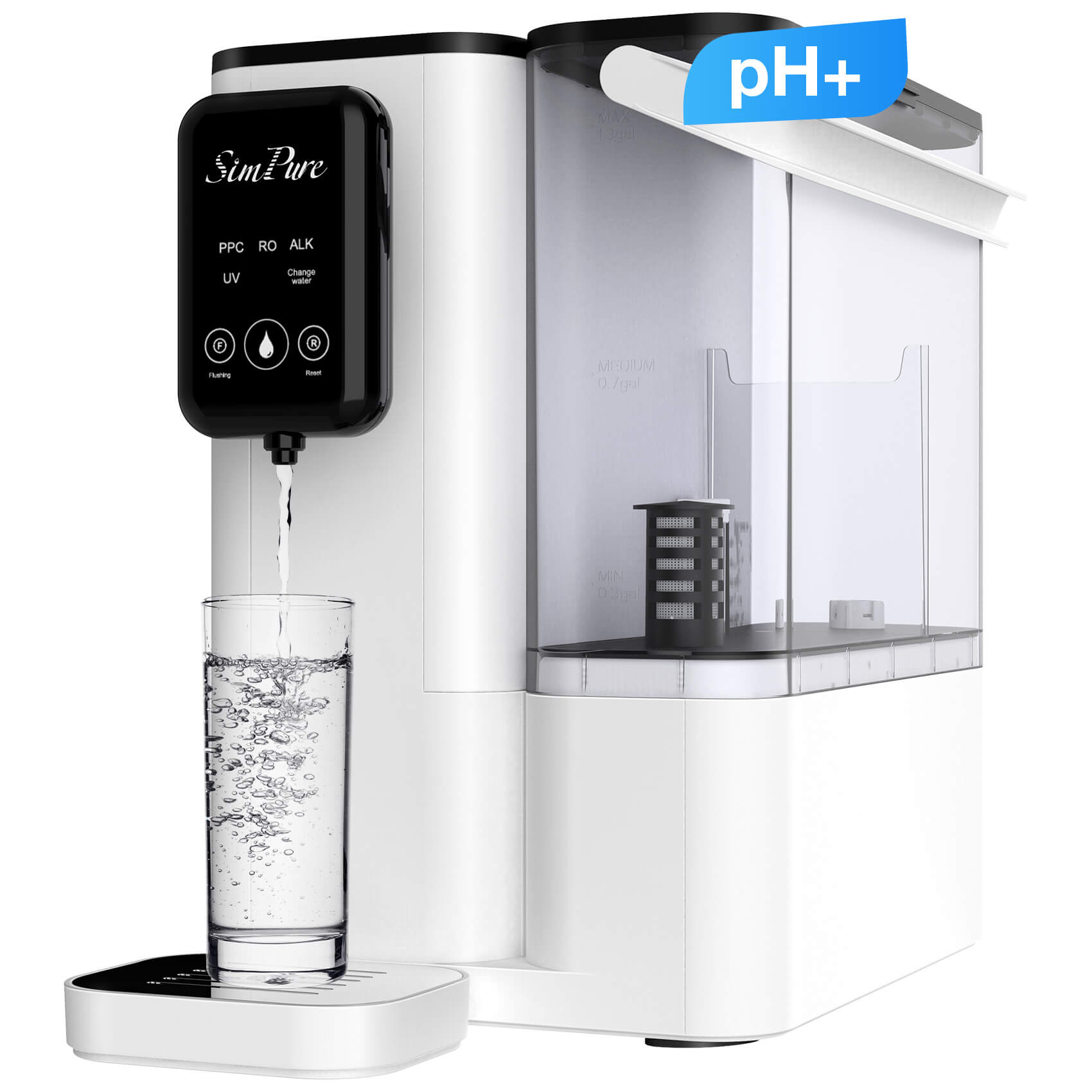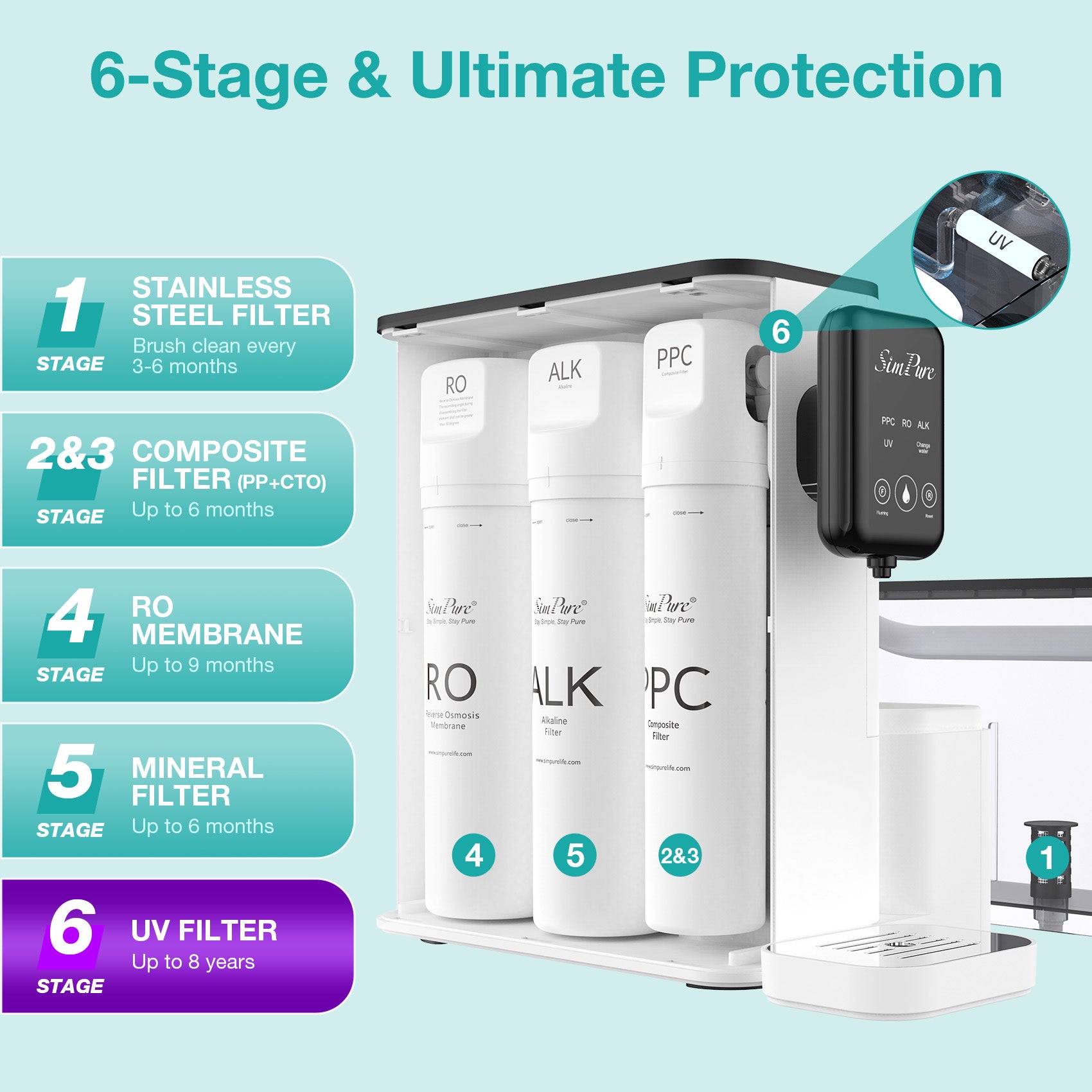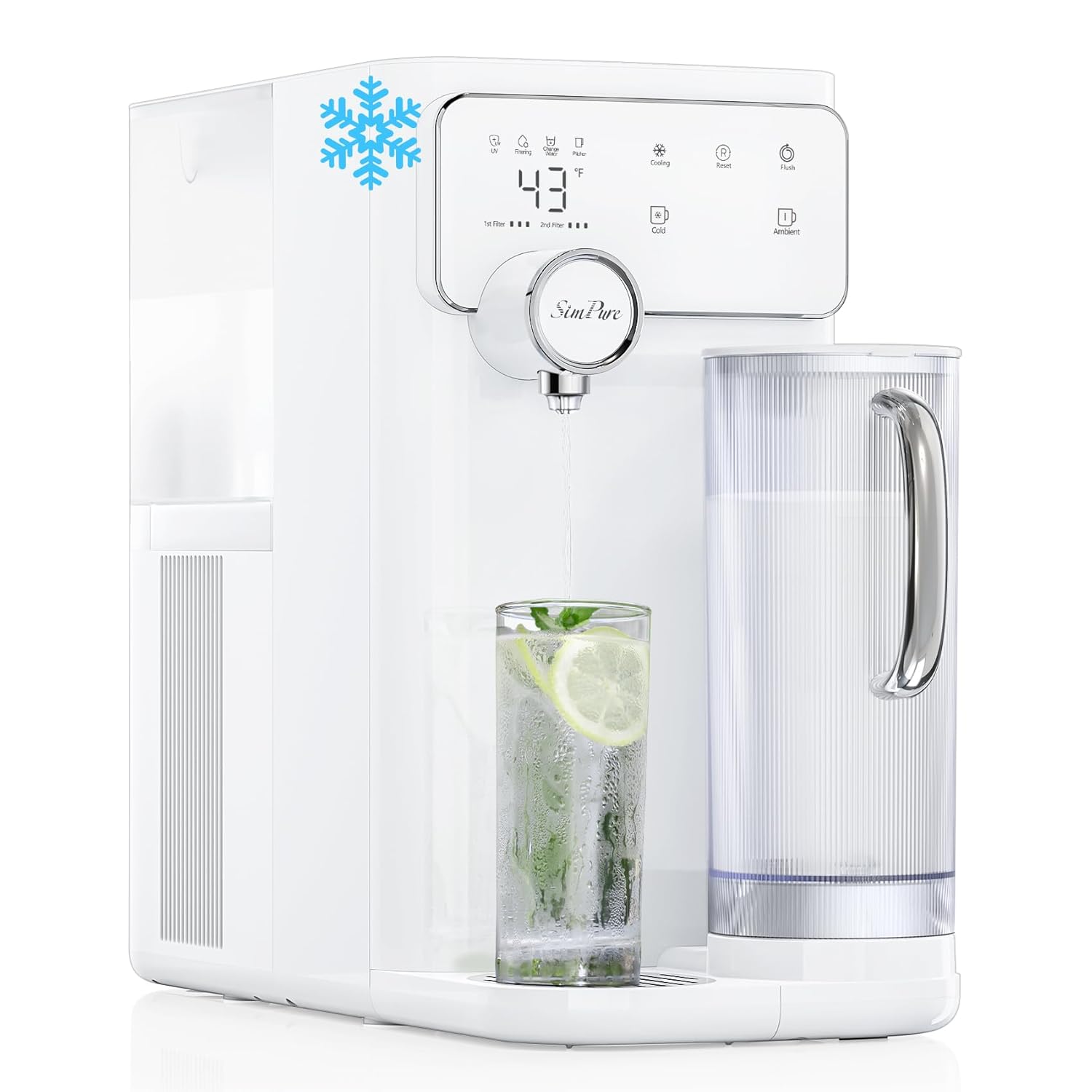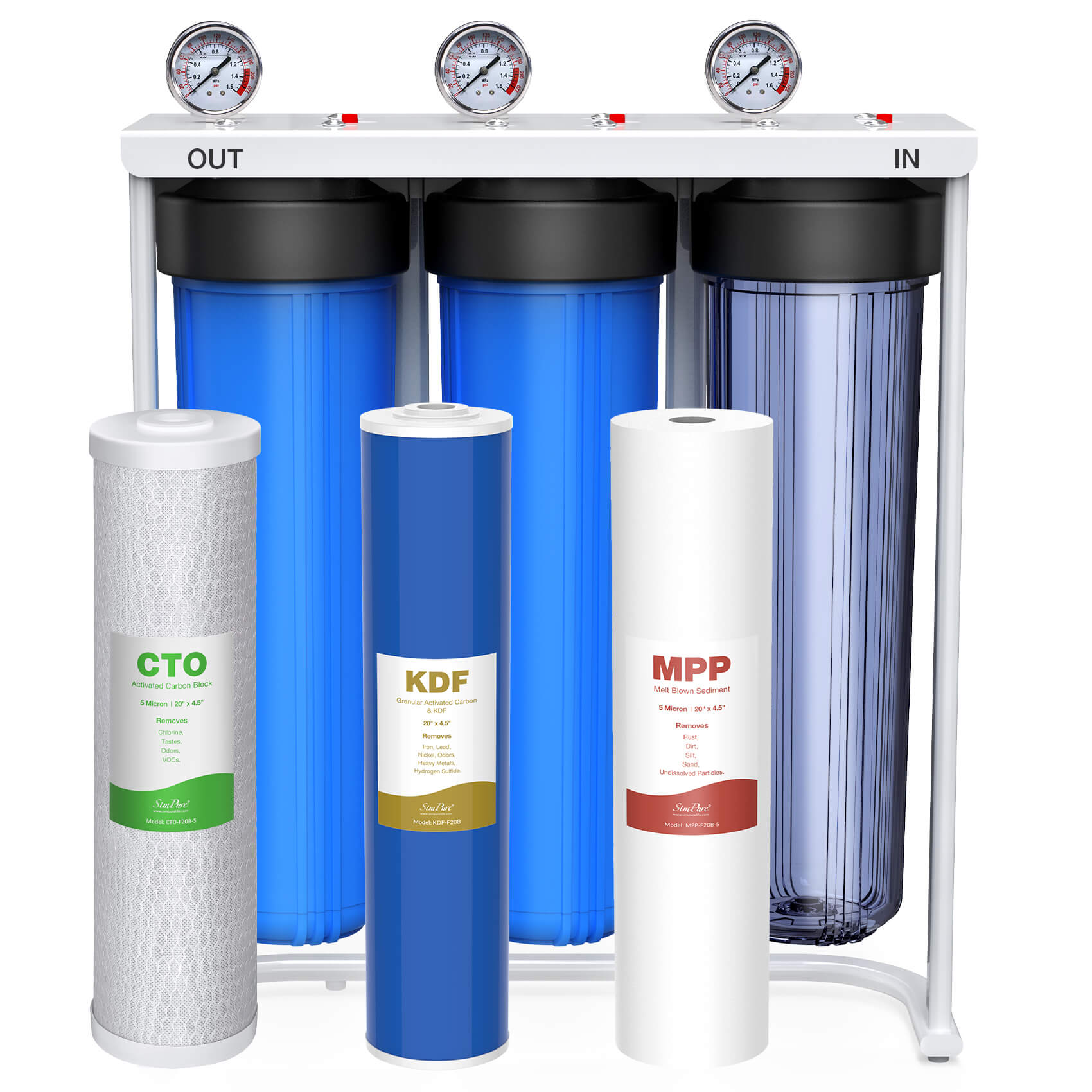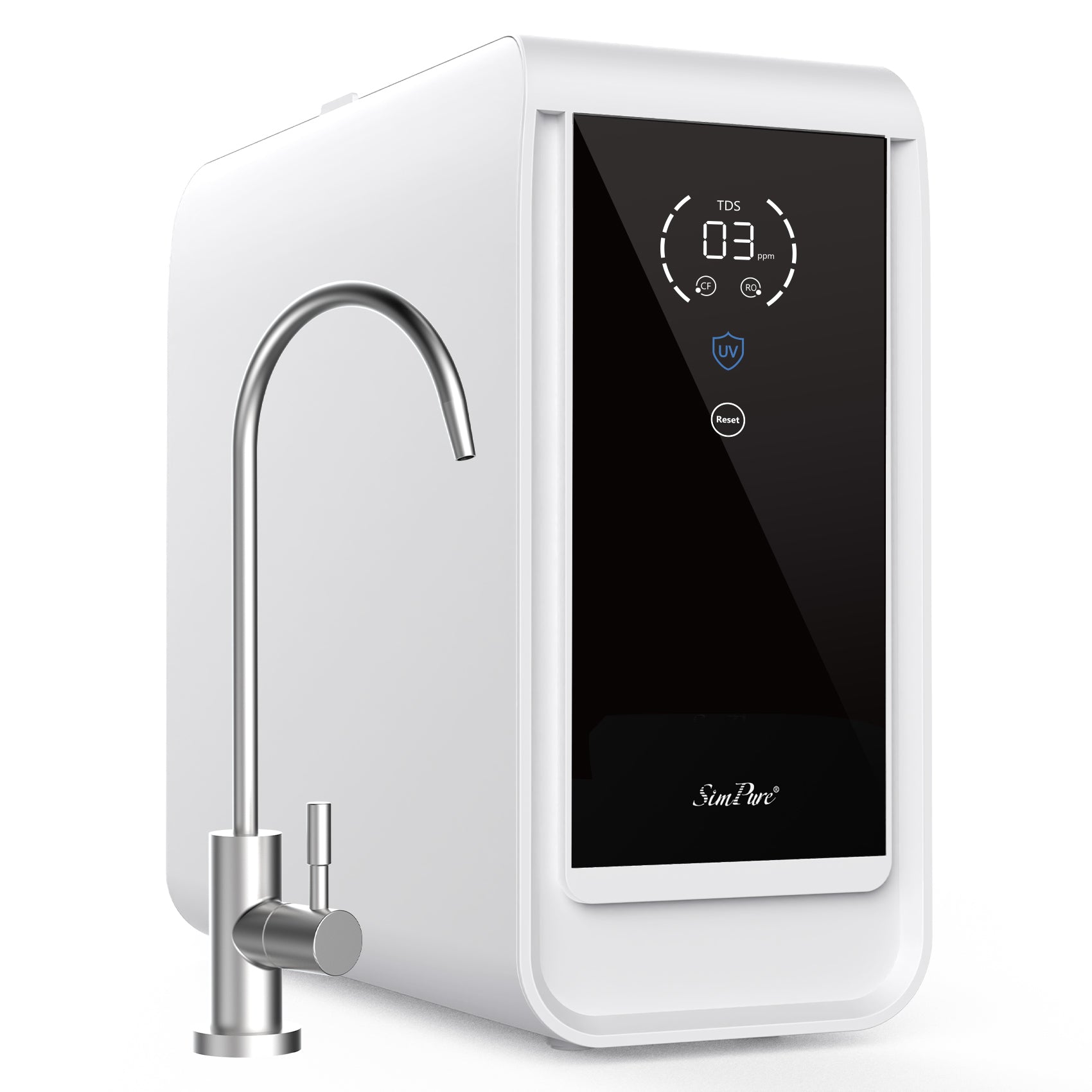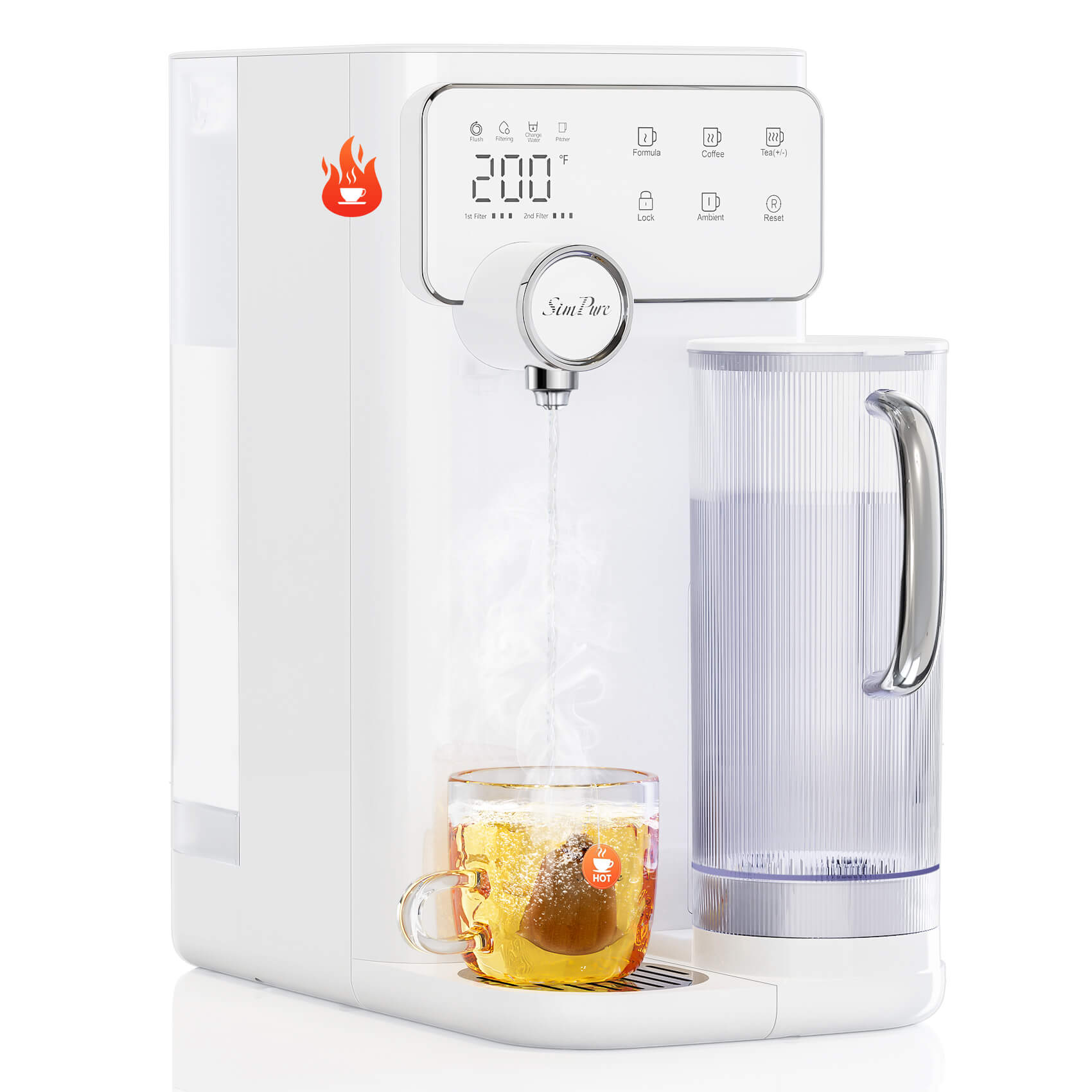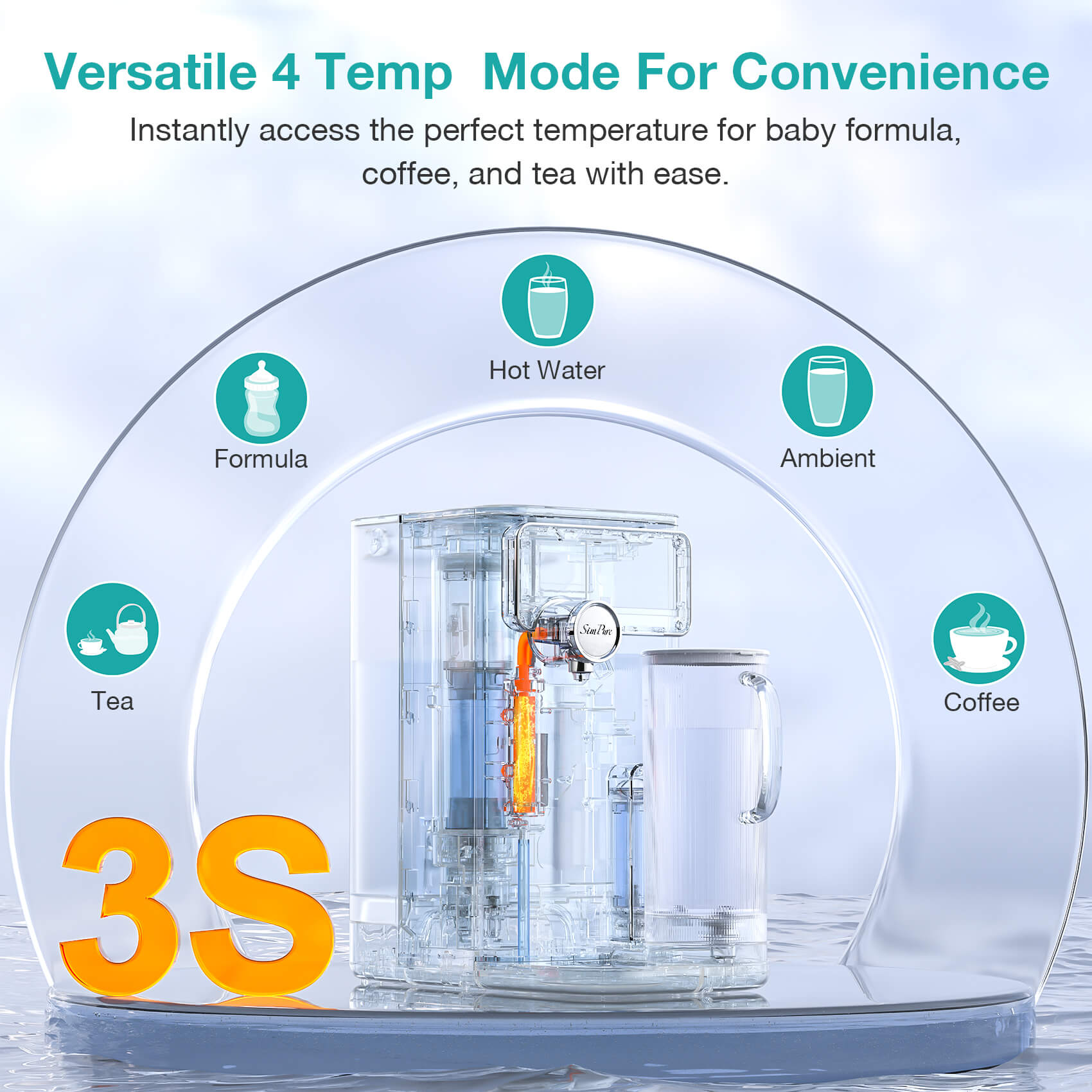Ever wondered what happens if you drink too much water? Hydration is essential, but excess can lead to complications. Join us as we delve into the risks of overhydration, exploring the symptoms and, more importantly, what to do if you find yourself drinking too much water.
Table of Contents
1. Hyponatremia: Salt Intake, Seek Medical Attention.
2. Nausea and Vomiting: Rest, Avoid More Water.
3. Headache: Balance Electrolytes, Rest.
4. Water Intoxication: Monitor Symptoms, Seek Medical Help.
5. Swelling: Reduce Water Intake, Elevate Legs
6. Frequent Urination: Allow Body to Regulate, Monitor Symptoms.
Basically, drinking excessive amounts of water can lead to a condition known as hyponatremia, where there is a dilution of electrolytes, particularly sodium, in the body. Electrolytes are essential for various bodily functions, including maintaining proper fluid balance, nerve function, and muscle contractions. When the balance of electrolytes is disrupted due to excessive water intake, it can result in symptoms such as nausea, headache, swelling, and frequent urination. Let's explore the specifics in the following!
1. Hyponatremia - Salt Intake, Seek Medical Attention.

Hyponatremia occurs when the concentration of sodium in the body becomes dangerously low, often due to excessive water intake without sufficient sodium replenishment. To relieve hyponatremia, it is crucial to address sodium levels promptly. Increasing salt intake, preferably through oral rehydration solutions or salty foods, can help restore electrolyte balance. However, seeking medical attention is vital, as severe cases may require intravenous saline solutions administered by healthcare professionals.
2. Nausea and Vomiting - Rest, Avoid More Water.
Overhydration may result in nausea and vomiting as the body attempts to rid itself of excess water. In such cases, it's advisable to rest, avoid further water consumption, and allow the body to naturally eliminate the excess fluids. If symptoms persist or worsen, seeking medical advice is recommended to rule out more severe complications. If you want to learn more reasons why drinking water can cause nausea, vomiting, and throwing up, read our blog: Why Does Drinking Water Make Me Nauseous? 4 Reasons!
3. Headache - Balance Electrolytes, Rest.
A headache from excessive water consumption may indicate electrolyte imbalance as we mentioned in the first. Hyponatremia occurs when sodium levels in the blood become diluted due to an influx of water, leading to cellular swelling. This swelling can affect the brain, causing headaches. To address this, rebalance electrolytes by consuming foods rich in sodium, potassium, and magnesium, such as bananas or sports drinks. Rest is crucial to allow the body to normalize sodium levels and reduce the headache.
4. Water Intoxication - Monitor Symptoms, Seek Medical Attention.

Water intoxication, or overhydration, occurs when the balance of electrolytes in the body is disrupted. Symptoms include nausea, headache, confusion, and in severe cases, seizures or coma. Monitoring symptoms and consulting a healthcare professional is vital to prevent complications and ensure proper treatment, as severe cases of water intoxication can be life-threatening.
5. Swelling - Reduce Water Intake, Elevate Legs
Swelling due to excessive water intake, a condition known as water retention or edema occurs when the body's balance of electrolytes, particularly sodium, is disrupted. Consuming an excessive amount of water dilutes the sodium levels in your body, leading to an imbalance in fluids within and outside cells. This can result in cells absorbing too much water, causing them to swell. To relieve swelling, it is crucial to reduce water intake to allow the body to restore its sodium balance. Additionally, elevating the legs helps facilitate the drainage of excess fluid and reduces swelling. This position promotes the return of blood and lymphatic fluid from the legs back to the heart, aiding in the redistribution of fluids throughout the body.
6. Frequent Urination - Allow Body to Regulate, Monitor Symptoms.
Frequent urination can arise from excessive water intake, leading to dilution of electrolytes and a temporary imbalance in the body's fluid levels. When you drink too much water, the kidneys work to eliminate the excess through urine. This can cause an increase in urination frequency. For more, you can read our blog: How Long Does Water Take to Reach Bladder. To address this, it's crucial to allow the body to naturally regulate itself. Reduce water intake to a normal level, allowing electrolytes to return to a balanced state.
These symptoms and causes overlap to some extent. This is because excessive water intake can lead to various physiological responses that may be interconnected or result in one another. For instance, overhydration may lead to electrolyte imbalance, subsequently causing symptoms like headaches, nausea, and vomiting. Additionally, certain symptoms may be common manifestations of multiple issues, creating some points of intersection when discussing them.
Maintain a Balanced Hydration Routine
As a trusted brand in water purification, SimPure emphasizes the importance of opting for purified water consumption. Regular readers of our blog may note that consuming impure water can lead to the aforementioned symptoms, significantly impacting both life and health. Therefore, we strongly recommend choosing purified water whenever possible for a healthier lifestyle.
Water quality is a crucial aspect of maintaining a balanced and healthy hydration routine. While it's essential to address the risks and relief strategies associated with overhydration, equally important is the consideration of the water you consume. Ensuring that the water you drink is purified and free from contaminants plays a significant role in supporting overall well-being.
Choose Purified Water with Water Filters
One effective way to enhance the quality of your water is by using water filters. These devices are designed to remove impurities, pollutants, and unwanted substances, providing you with a cleaner and healthier drinking experience. Here's why incorporating water filters into your hydration routine is a wise choice:
- Removal of Contaminants: Water filters effectively eliminate various contaminants, including bacteria, heavy metals, and chemicals, ensuring that your water is free from potential health hazards.
- Improved Taste: Filtering water can enhance its taste by removing chlorine and other substances that may affect flavor. Enjoying a refreshing glass of water becomes more satisfying when it's pure and crisp.
- Health Benefits: Purified water contributes to overall health by reducing the intake of harmful substances. It supports bodily functions and helps maintain a proper electrolyte balance.
By investing in a reliable water filter, you take a proactive step towards a more conscious and health-conscious hydration routine. Whether it's a pitcher filter, a faucet-mounted filter, or a whole-house filtration system, the choice depends on your specific needs and preferences. You can choose your solution on SimPure whole house water filter system solutions page!

In closing, understanding what happens if you drink too much water is key to a balanced, healthy lifestyle. As you navigate the nuances of hydration, remember that moderation is key. Listen to your body, recognize symptoms, and take immediate action if needed. As you focus on managing your water intake, don't overlook the quality of the water itself. Incorporating water filters into your routine ensures that every sip contributes not only to hydration but also to your overall well-being. Stay mindful of the water you consume, and let the purity of your hydration match the balance you strive to achieve.


